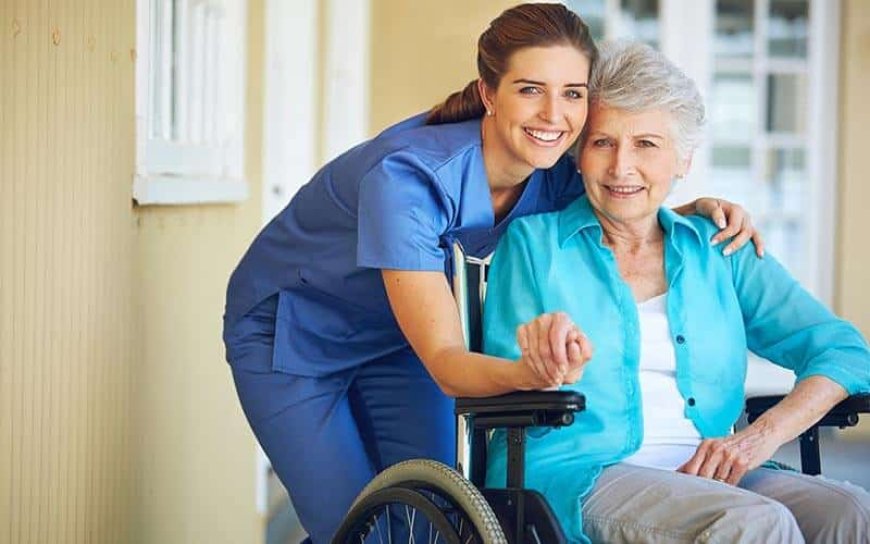Understanding the Spectrum of Elderly Home Care
Home care for the elderly in the US encompasses a wide range of services, from basic assistance with daily activities to more specialized medical care. These services are tailored to cater to the varying degrees of need that come with aging, ensuring seniors can live comfortably and safely in their own homes.
Types of Home Care Services
The types of home care services available include personal care, such as help with bathing and dressing, household care, including cleaning and meal preparation, and healthcare services provided by professionally trained nurses or therapists. Each service caters to different aspects of a senior's life, contributing to their overall well-being.
Maintaining Senior Independence
One of the primary goals of home care is to maintain the independence of seniors. By providing support with daily tasks, home care enables seniors to continue living in their familiar environment, which is crucial for their mental and emotional well-being.
Evaluating Home Care Needs
Assessing the needs of a senior is a critical step in arranging home care. This involves considering their physical health, cognitive abilities, and daily living activities. A thorough evaluation helps in determining the level and type of care required.
Choosing the Right Home Care Service
Selecting the appropriate home care service involves considering the senior's specific needs, preferences, and the caregiver’s qualifications. It's essential to engage services that are flexible and can adapt to changing needs over time.
Cost and Financial Assistance
The cost of home care varies depending on the type and extent of services required. Understanding financial assistance programs, such as Medicare, Medicaid, or other insurance plans, is vital in managing these costs effectively.
Importance of Qualified Caregivers
The quality of care largely depends on the caregivers' qualifications and experience. Ensuring that caregivers are trained, empathetic, and capable of handling the unique challenges of elderly care is essential for the well-being of seniors.
Technology in Home Care
Innovation and technology in home care, like remote health monitoring and telemedicine, are increasingly playing a crucial role. These advancements offer enhanced care and added peace of mind for both seniors and their families.
Conclusion
Finding the right balance in elderly home care is about understanding the needs, exploring the options, and making informed decisions. With the right approach, home care can significantly improve the quality of life for seniors, allowing them to age gracefully and comfortably in their own homes.





























:quality(85):upscale()/2024/01/25/878/n/1922153/f94f61ec65b2bf18018990.47538761_.jpg)

:quality(85):upscale()/2024/01/26/759/n/29590734/b7f6660b65b3e8460d7196.77057039_.jpg)
:quality(85):upscale()/2024/01/27/741/n/1922153/8d43a26665b533b214de01.38307153_.jpg)










